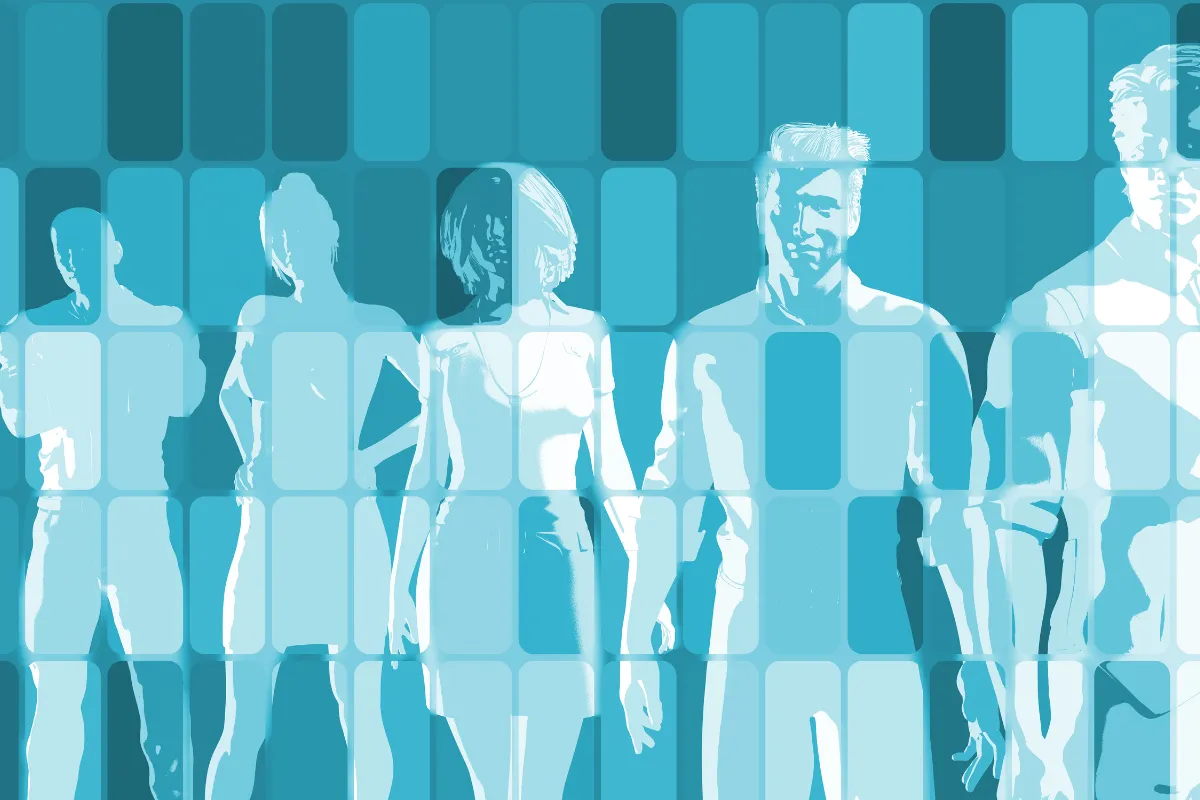DNA
(Nutrigenomics)
How do genetics help us better understand ourselves?
From a basic biological standpoint our genes helps us
understand our functioning and identity, our roots. The parts of us that have been passed on from previous generations and our parents. They helps us
understand why we look like we do, and how small the differences are between us, yet how powerful these small differences can be.
From a health perspective… our genetics helps us understand some of our strengths and vulnerabilities so we can better support ourselves.
Genetics are malleable by our environment. Our gene expression is influenced by food we eat, toxins we are exposed to, and our life experiences and lifestyle choices. Imagine there is a cloud around your genes, and this acts like a lever and influences which gene is turned on, and which one is turned off. The cloud is your environment, the epigenetic influence on our genes. Interestingly we can pass on this epigenetic cloud to our offspring... like a learned experience or an adaptation... or a short term evolutionary event. The diet of a pregnant mother, can affect the traits her offspring expresses.


If you know your base line, and some of your vulnerabilities you can better navigate your environment.
While epigenetics help us understand that genes are only a
piece of the equation.
If you have a family history of heart disease, and you have a vulnerability to high saturated fats in your diet, this knowledge might be foundational in motivating you to follow a more Mediterranean style diet, higher in anti-inflammatory fats and lower in saturated fats, and more protective for your heart.
If you have genes that suggest you may be
more vulnerable to cancer because of the effects of smoking or woodsmoke or BBQs and the toxins you are exposed to from these, you might take that into
account.

While the field is new, and we don’t fully understand all
the pieces of the puzzle yet, we know genes are not destiny... and having a certain gene is not usually a guarantee of disease… it can be empowering to feel that we have some influence over our greatest risk factors.
There is promising emerging data on the power of nutrition, exercise and even psychological therapy to influence our health, regardless of our genes, but particularly if we work with our strengths and support our limitations.
Take for example the APOE gene and alzheimers risk. Once you have alzheimers its irreversible. But there is a lot of research to show you may be able to influence your disease risk with diet and exercise. There are populations with high incidence of this gene and low incidence of alzheimers.



Many of my clients have found it motivating to see their DNA report, to have something tangible to lean into as they make decisions to change their health, when it feels like less of someones best guess and more personalised based on their genetic blue print.
Genetics can help us personalise health care and help us understand why some people might feel better on a Mediterranean diet and some people feel better on a low carb diet, why some people can have a coffee at 4pm and still sleep like a baby and others can’t.
Note: I specialise in nutrigenomics and epigenetics and testing common snps relevant to general health and nutrition factors. For example: lactose intolerance, haemochromotosis, APOE, MTHFR etc.
I do not specialise in rare genetic disease testing.

Contact us to receive a sample report or order your test today.
Once Lisa receives your results. She will discuss your results in a zoom consult and send you a summary report with key considerations based on your personal health goals.

Integrative Healthcare:
Nutrition, Psychology, Neuroscience and Genetics
Contact Details
For bookings, general queries or to order test kits :
Email: [email protected]
For results, supplement scripts, test queries or to book seminars or workshops:
Email: [email protected]
Open Hours
Monday - Thursday:
9 AM - 5.30PM
(Please allow 24 hours for a reply, because often we are consulting during these hours)
